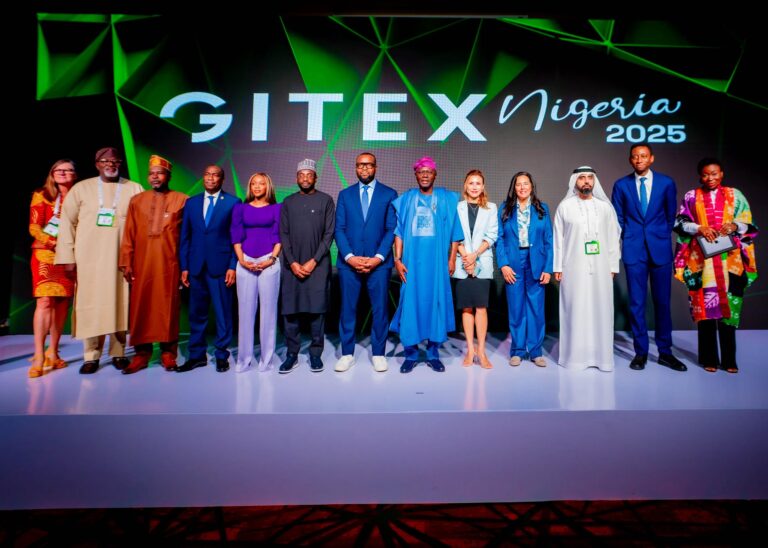MojaEV To Assemble Electric Cars In Kenya
MojaEV Kenya Ltd, a Nairobi-based electric vehicle distributor, is transitioning from importing fully built units from China to assembling them locally as reported by bloomberg . Starting in August 2025, the company will commence assembly operations at Mombasa-based Associated Vehicle Assemblers Ltd, with plans to establish its own manufacturing facility in the future. This strategic move aims to reduce import-related costs and support Kenya’s growing electric mobility sector.
Erick Lumallas, an aide to MojaEV’s chief executive officer, stated that the company has secured agreements with original equipment manufacturers to provide the necessary expertise for building the new factory. The planned facility will not only assemble vehicles but also produce battery and solar components, positioning Kenya as a hub for electric vehicle manufacturing in the region.
We have contracts in place,” Lumallas said. “All the original equipment manufacturers are in agreement with us, they will give us the expertise we need to build the factory.”
MojaEV’s decision to localize assembly is influenced by the high taxes associated with importing electric vehicles into Kenya. Imported vehicles are subject to a 35percent import duty, 20percent excise tax, 1.5percent railway development levy, 2.5percent fuel levy, and a 16percent value-added tax. In contrast, locally assembled electric vehicles are only subject to VAT, making them more affordable for consumers.
Last year, the company initiated a plan to supply 100 NETA V electric vehicles to taxi drivers in Nairobi, with 20 units already delivered and the remaining 80 expected by the end of the year. Building on this momentum, MojaEV is now ramping up its operations with a new goal of assembling vehicles locally. The company plans to reach a production capacity of 300 units per month, with annual sales targeted at 1,500 units. By assembling the vehicles in Kenya, MojaEV intends to offer entry-level electric vehicles at more affordable prices, which are currently between USD 19,380 and USD 58,000.
MojaEV, launched by Chinese investors in 2024, has already begun exporting vehicles to Tanzania and plans to expand distribution to Rwanda, Uganda, Mauritius, Ghana, Nigeria, Botswana, and Zambia. Its product portfolio includes SUV brands Skyworth and Neta, sedans like GSE and Wuling, the Riddara double-cabin pickup, and Foton buses and trucks.
To address the challenge of limited charging infrastructure in Kenya, each vehicle distributed by MojaEV comes equipped with an on-board charger compatible with standard wall sockets and a stationary charger for installation at buildings or parking spaces.
Recognizing that approximately 70 percent of Kenyans rely on public transport, MojaEV is engaging with major players in the sector to explore the conversion of fleets into electric buses, further contributing to the country’s sustainable transport initiatives.
MojaEV’s entry into local assembly adds to the growing list of electric vehicle companies in Kenya, such as BasiGo, Roam, Spiro, Stima, Mazi Mobility, and Ecobodaa, all contributing to the country’s transition to sustainable transport solutions.








